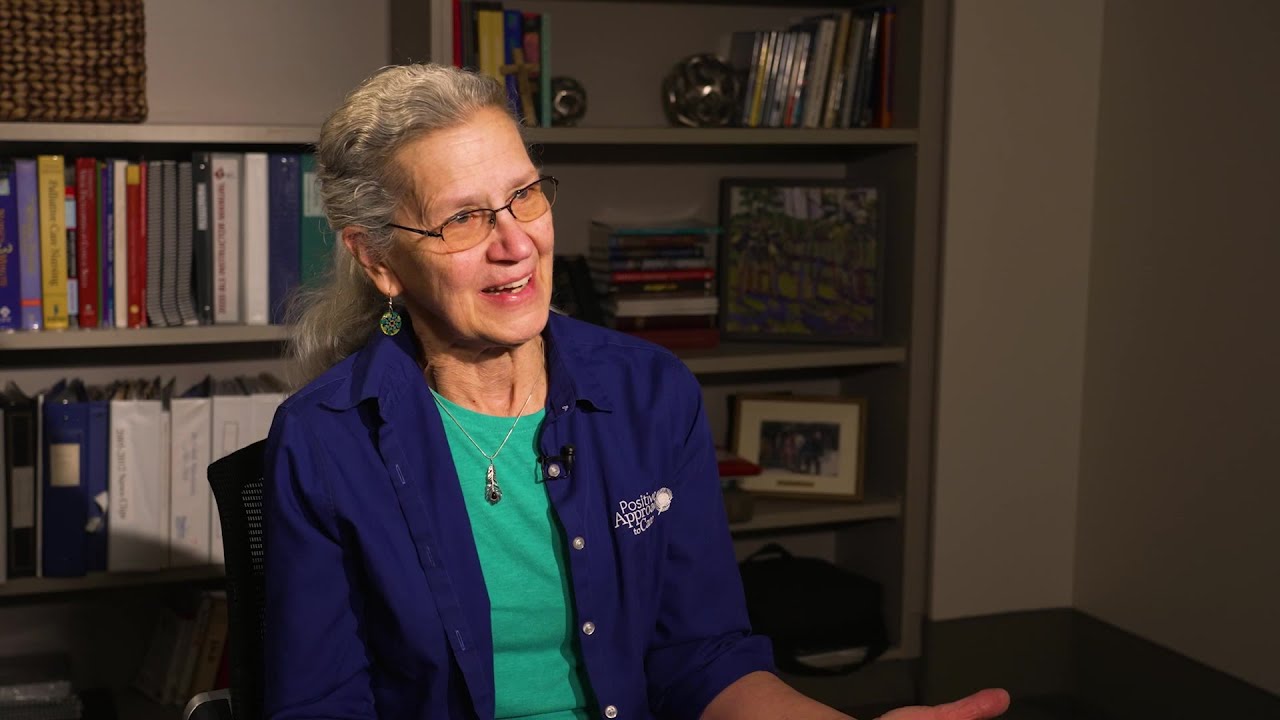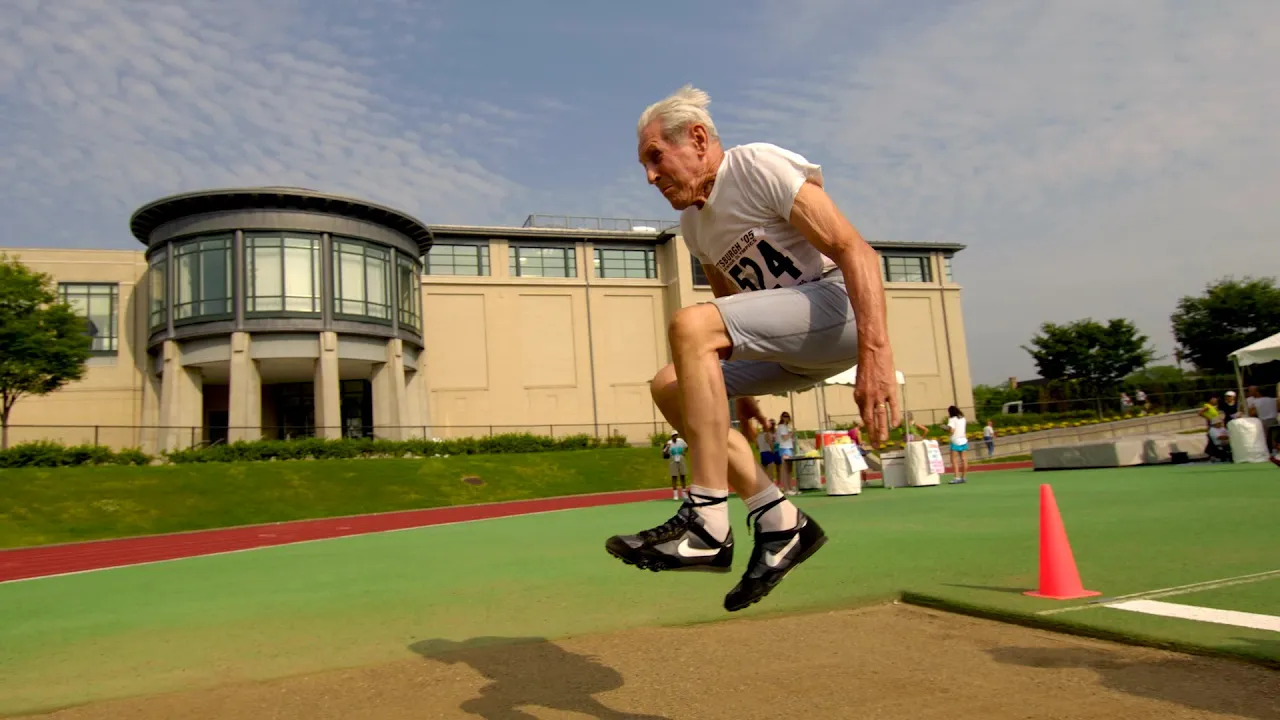If you want to keep moving, you have to keep moving.
Get ready for an ever-increasing number of reports on what is most commonly referred to as an impending longevity revolution. Science, medicine and technology are all conspiring to unlock the door to life extension and discover some sort of marketable, monetizable, Fountain of Youth®.
Without question, it’s a fascinating and titillating topic, especially in an ageist culture that makes most of us fear, resent and deny each passing year. We are all inherently curious about anything that foretells longer, healthier lives. The promise of a pill or procedure that delivers health and vitality is an intoxicating thought to a mostly sedentary, overweight population suffering from multiple, chronic conditions.
The conservative view of the longevity revolution is that life expectancy for most of us will expand to 100 years in the next couple decades. The outlandish view is offered by Aubrey de Grey, a British researcher commonly referred to as the “Prophet of Immortality.” He believes that the first human to live to be 1,000 years old may already be alive because periodic repairs using stem cells, gene therapy and other continually emerging technologies will result in regular “longevity tune-ups” that will postpone death indefinitely.
There is zero question that we will see some mind-blowing breakthroughs that prevent and cure disease and provide the opportunity to live longer. But don’t be deceived. There will never be anything like exercise in a pill, although there will be endless pills marketed as such.
Gene editing, designer drug cocktails, lab-grown organs, neutralizing “senescent” cells, injecting or ingesting nanobots into our bodies, cellular reprogramming, and novel immunotherapies all will likely be realized to some extent in the decades ahead. But they will not, on their own, ever deliver active, healthy, productive, adventurous lives.
All of these developments have the potential to give us a longer life, but they cannot and will not deliver quality of life without our active participation. In fact, just the idea that a longevity pill or procedure is around the corner will lead to more disease and disability for many by providing yet another excuse to avoid the hard but rewarding work of improving their lifestyle.
As fascinating as the potential for life extension through genetic intervention might be, the problem with these longevity moonshots is that they ignore the role of personal commitment. There is no silver bullet that will ever deliver a life of vitality for 100, 150 or 500 years.
No matter what interventions might be cooked up, even at a cellular level, they will be subservient to this one basic, incontrovertible fact of life: If you want to keep moving, you have to keep moving.
In the absence of mobility, nothing will keep us alive with a quality of life that makes living worthwhile. And mobility doesn’t come in a pill or a shot or a genetic intervention. It comes from personal desire, determination and dedication.
Growing Bolder is about is helping people change the things in their lives that they can control — improved nutrition, more exercise, better belief systems, higher levels of education, and meaningful social engagement. These are things that might not lead to a longer life but will definitely lead to a higher quality of life.
The name of the game is not extending lifespan, it’s extending health span. Without the latter, the former is nothing to aspire to.














